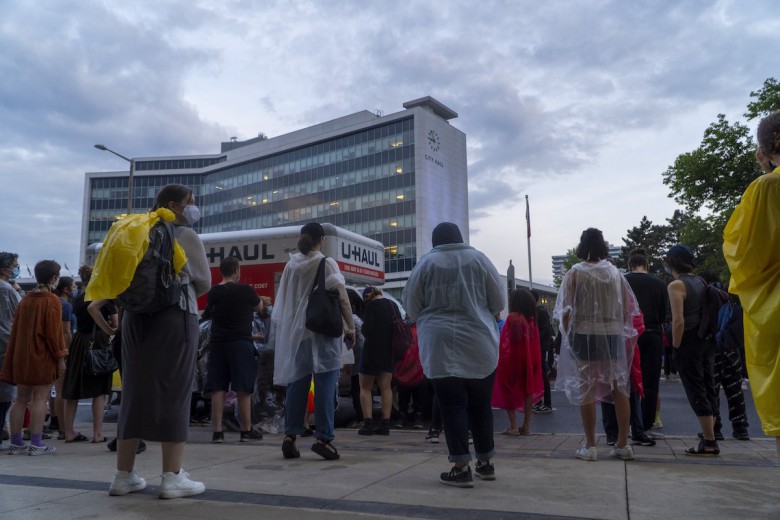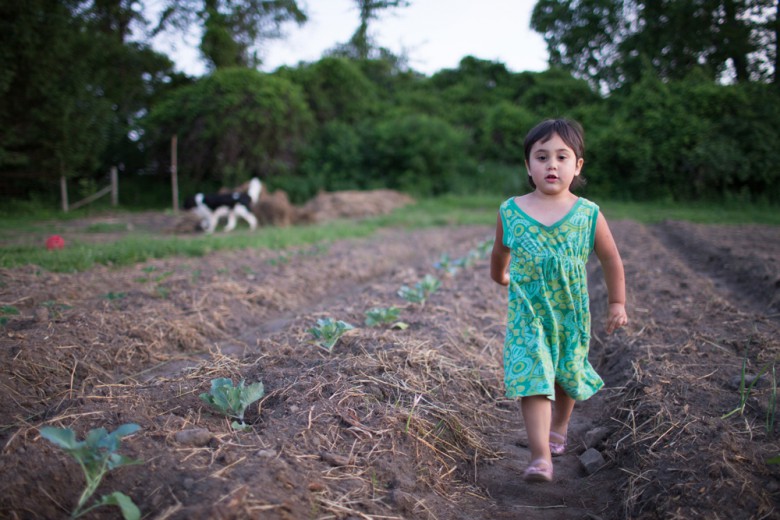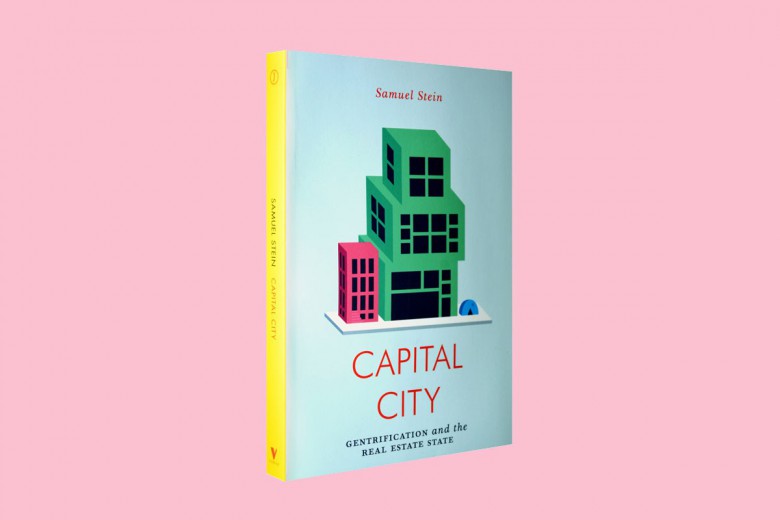By Kubate Baba Edward
May 2008
My thoughts on money and investing have been shaped by my upbringing. I was raised in a 20-person household in northern Ghana. Six of us shared a small hut, beautifully roofed with thatch. The rest of my relatives lived in adjacent huts. We sustained ourselves on earnings from a small rice and millet farm. Whatever little money or food came into the home was shared equally among us.
Life with six people in a small hut was not easy. We would clamour for space like an elephant trying to enter a pigeonhole. I was often embarrassed when friends came from the city to visit me. Accommodating these friends often meant having to sacrifice my sleeping space and pass the night outside in the cold. This experience lingered in my mind and compelled me to own my own house, even if it meant the last drops of my blood.
As a recent university graduate, I am now doing six months of mandatory volunteer service for my country with a government department in Tamale. My work requires that I rent a room in the city. The cost of living in Tamale, the capitol of the northern region, is high, and rent is skyrocketing. A room that would have rented for three Ghana cedis (approximately $1.15) in the year 2000 currently goes for 10 cedis.
My only source of income is a monthly allowance of 125 cedis from a volunteer program run by the national service secretariat. Because my family helped pay my university fees, I am expected to send one third of my earnings home to them. I pay eight cedis for electricity and water, and I pay for transportation to and from work.
Even though I am aware of the enormous benefits of saving for the future, my low income and large extended family, as well as the high rate of inflation (currently about 13 per cent), make it very difficult to set any money aside. Why bother to scrimp and save today if inflation can take away my savings overnight? The banks pay peanuts on deposits, and some actually charge you for keeping your money with them.
Nonetheless, I have discovered a reliable way of investing: cement blocks. Forget about banks that charge to keep your money; I’m putting my money into blocks. I can now rest assured that I have invested in something “concrete” which is immune to inflationary robbery, and with each new block I am one step closer to achieving my long-cherished dream of owning a house.
“I may not have a lot, but what I do have I can call my own.”
Mortgages are a foreign concept in Ghana. Most people have never heard of them and those who have can seldom afford the down payment. It is also uncommon for people to buy houses outright in Tamale. Rather, we build our houses room-by-room as we are able to purchase cement blocks. Ghanaians generally take pride in what they own and are very cautious about going into debt.
Cement blocks can stand the test of time. Even after 20 years they will not have lost any value. And accumulating blocks is a secure investment-the most secure I have found-because they are easily converted into cash.
I have a business agreement with a cement dealer in town. I pay the dealer 50 cedis each month. Every five months I collect 25 bags of cement. I consider this a safe investment because even if cement prices go up it has no effect on our negotiated price. Cement prices have been subject to inflation in recent years. For example, a bag of cement that cost 3.2 cedis in 2000 now costs 10 cedis. Prices are expected to reach as high as 15 cedis per bag in the next three months.
I may not have a lot, but what I do have I can call my own. The sight of my pile of cement blocks is encouraging-it means I am building my future, one block at a time.
Kubate Baba Edward is a 26-year-old graduate of economics and sociology from the University of Ghana. He is currently volunteering at Radio Justice in Tamale.






